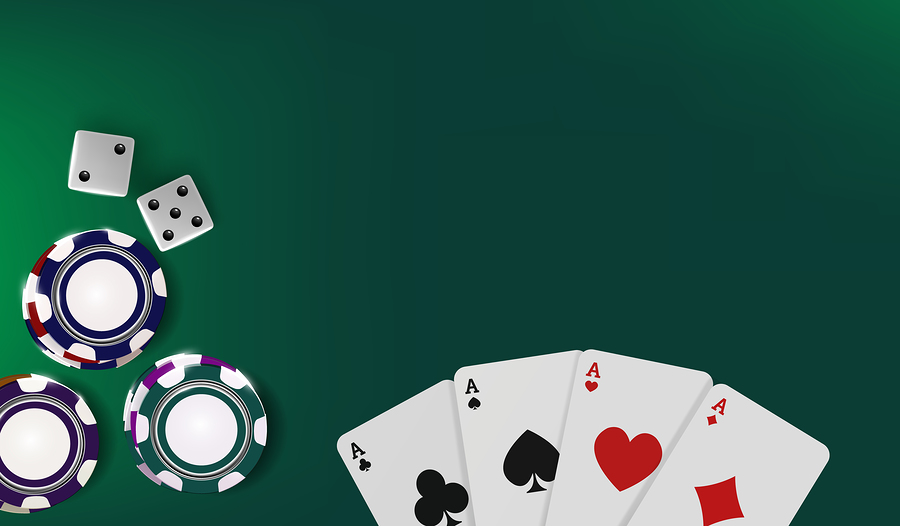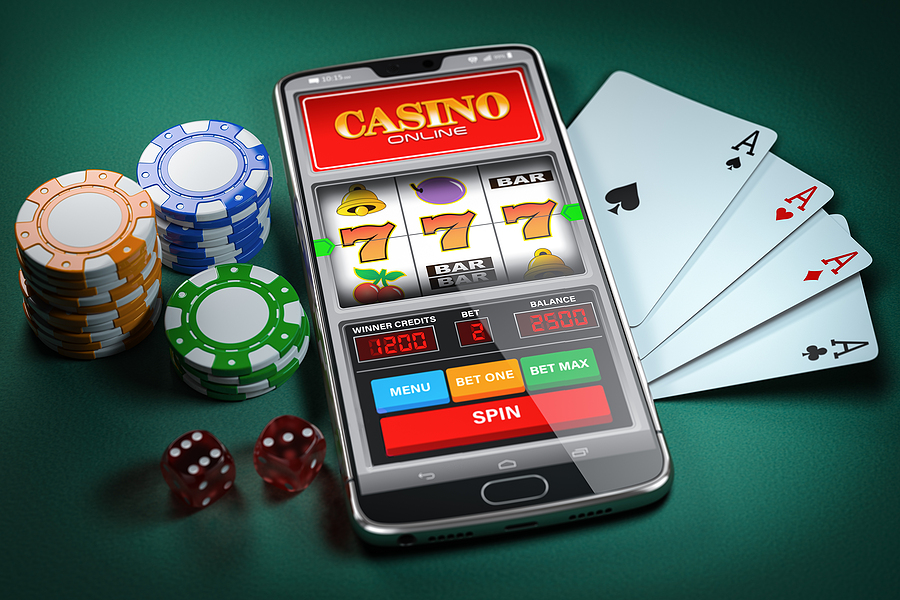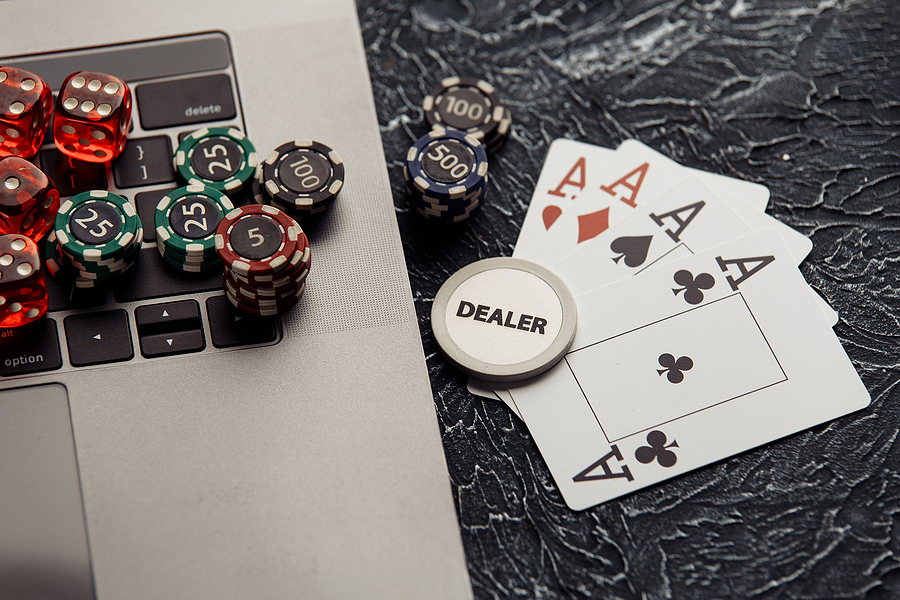Poker holds a special place in the gambling community. The game is considered an indulgent for those looking for some betting fun as well as professionals that are intent on walking away with fat pockets. Over time, it has been debated whether playing poker is gambling as free slots [valid where legal] in the UK or investing. For the general population, the apparent answer to this question would be that it is gambling. Even though several solid facts support this notion, poker gameplay is three-dimensional. Therefore, it is likely that poker players do not intuitively see things the same way. This notion weighs on two sides of a weighing scale with the arguments being:
-
Poker depends mainly on skill. Even though luck is a variable that cannot be entirely ignored during gameplay, the procedure involves stronger gamblers winning money from the weaker ones. Therefore, it can be an investment for players who know what they are doing.
-
The house is not as involved as it is with other games. In games like blackjack, slots, and roulette, punters are pitted against the casino. In poker, on the other hand, they gamble against fellow players. Even though the house does have some benefits, the collected amount is usually from gamers at the table rather than the casino.
In terms of the law governing casinos in many regions, poker is considered gambling. However, the debate of its true nature is continuously fueled by the numerous ways in which the facts can be presented.
Poker as a Game of Chance
The argument that playing poker is gambling stands on both facts and some flaws. In the English language, gambling is defined as the act of placing money or other stakes in a game of chance. With this definition, poker can be defined as a gambling game rather than an investment. However, this statement is only partly true. The idea of poker being a gambling game and investment is neither wholly wrong nor right on either side. Poker cannot be defined as a game of chance or skill entirely unless when considering specific circumstances or steps in the game.
The idea of playing poker being gambling is first supported by the fact that cards are dealt at random. This includes the cards in the player’s hand, those held by the opponent, and the ones that make up the community cards. There is no way to tell the kind of cards that will be handed out, and those that you end up with are dependent on luck. Once this point of gameplay is passed, the decisions that influence how the game proceeds lie entirely in the hands of the gamer. The choices determine when gamblers win more, lose less, or collect the final pot. The ability to make such decisions depends on skill.
The element of chance can be compared to other sports such as football. There is no way to tell without a doubt whether a team will win or lose before the game is played. Even so, skill plays a significant role in the results. The little pieces of luck determine whether a player will send the ball to the back of the net, get a yellow card, or end up playing offside. Nevertheless, these pieces of luck do not take away from the fact that the footballers’ skills influence whether they win or not. In other games like chess, little to no chance is involved since the player’s skill influences every move. Even so, a small portion of luck is included.
Accordingly, it is futile to try and place every game in ether category or determine the percentage of luck and skill that can be used in a game. Even if poker does meet the specific definition of gambling, it cannot be ruled out as an investment as well.
Poker as an Investment
Most professional poker players would consider poker as more of an investment than a gambling game. In poker series around the world, some punters have proved this point by winning millions of dollars over and over by applying skill against weaker gamblers.
When taking poker at face value, it meets the criteria for operating on the rules of chance. In the long run, cash will be won and lost, which is what even the most successful of poker gamers understand. Even so, playing poker as an investment is not based on the notion of winning every hand. In fact, it operates on the idea of making the player money in the long run without focusing too much on short-term results. The steps that are taken during gameplay result in making as much money as possible when a win comes by and losing as little as possible when given a bad hand. That way, poker is turned into a positive expectation game.
In gambling, the house is known to have a higher edge, which makes nearly all games negative expectation games. The odds are stacked against all punters collectively, which means the house will profit even if a couple of players walk away from the tables richer. In poker, however, the script can be flipped to make one poker player the ultimate winner. This move is made easy by the fact that the game depends on one’s wittiness to beat other gamblers at the table. Thus, poker can be considered an investment due to several factors such as:
-
The use of skills, wits, and cunning can overpower luck, which is not common in nearly all gambling games.
-
The longer you make smart investments, the better you will do long-term.
-
Poker is a zero-sum game where the winner collects a prize thanks to the presence of other weaker gamers at the table.
Overview
It is inconclusive to say that playing poker is either gambling or investing indefinitely. Some elements of the game, such as the dealing of cards, depend on luck, which is gambling. However, the use of skill to win cannot be denied, which means it can be an investment (such as with crypto casino bonuses – valid where legal). The placement of the game on either category depends on the gambler engaging it and their skill level in playing the game.
Image Source: BigStock.com (licensed)
Site Disclaimer
The Content in this post and on this site is for informational and entertainment purposes only. You should not construe any such information or other material as legal, tax, investment, financial, or other advice. Nothing contained on our Site constitutes a solicitation, recommendation, endorsement, or offer by HII or any third party service provider to buy or sell any securities or other financial instruments.
Nothing in this post or on this site constitutes professional and/or financial advice. You alone assume the sole responsibility of evaluating the merits and risks associated with the use of any information or other content in this post or on this site.
You recognize that when making investments, an investor may get back less than the amount invested. Information on past performance, where given, is not necessarily a guide to future performance.
Site Disclaimer
IncredibleThings.com is not a gambling operator or sports betting operator or a gambling site of any kind, and none of its affiliates or subsidiaries constitute gambling operators or sports betting operators. IncredibleThings.com does not offer or provide real currency gambling services of any kind.
IncredibleThings.com will hold no liability for the consequences of actions that occur at offshore casinos that accept players from the locations where online gambling is prohibited and/or restricted or if a visitor is below the legal gambling age. The content of this site is for entertainment and informational purposes only, and as such, we do not condone financial dealings with any of these sites. It is the sole responsibility of the person playing to ensure that their online casino play falls within the realm of local, state, and federal law. If you use a link that exists on our site to navigate to a third party casino, this is something that is done of your own free will and also at your own risk. You acknowledge and agree that IncredibleThings.com shall not be liable to you or any third party for any losses, damages, claims, suits, costs or expenses of any kind.
Related Categories: Casino, Money, Reviews







